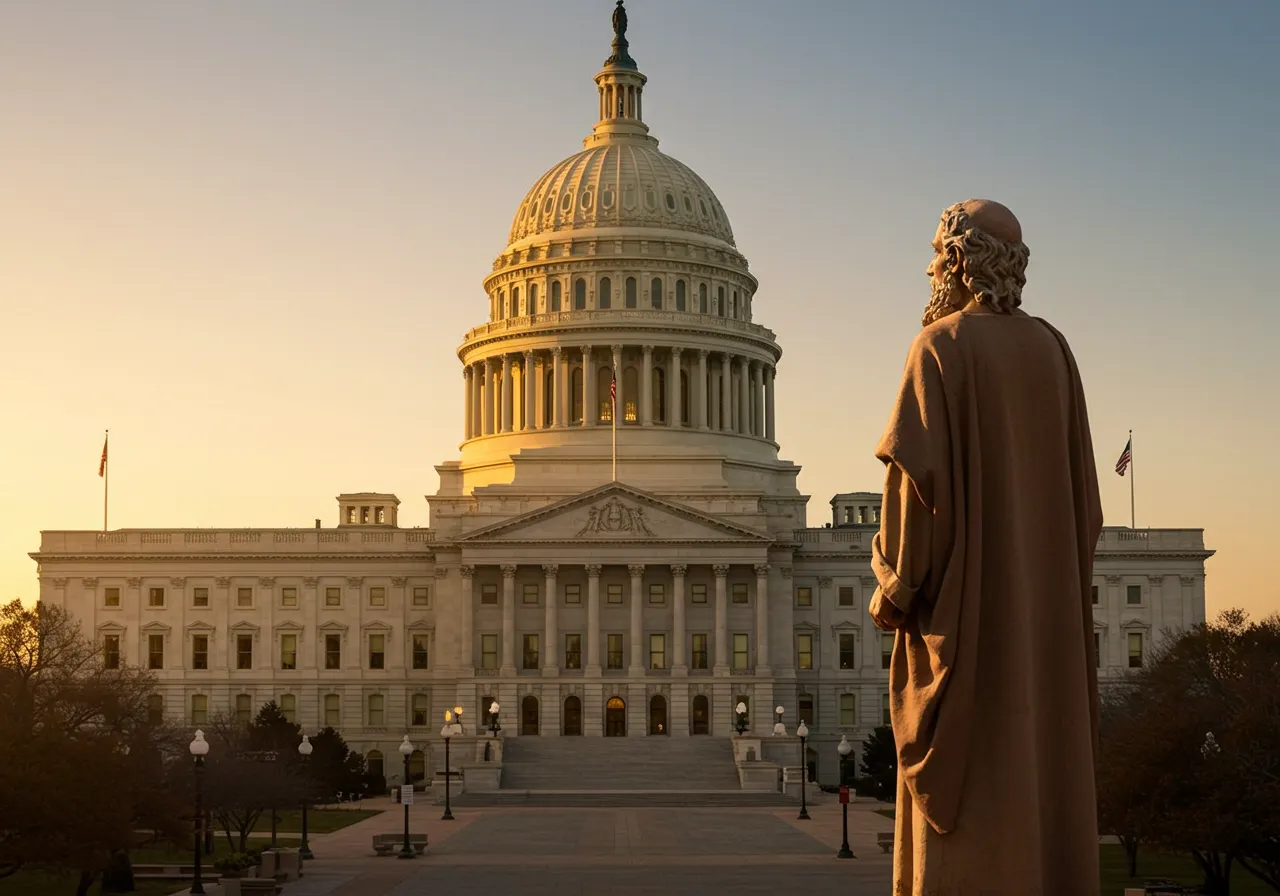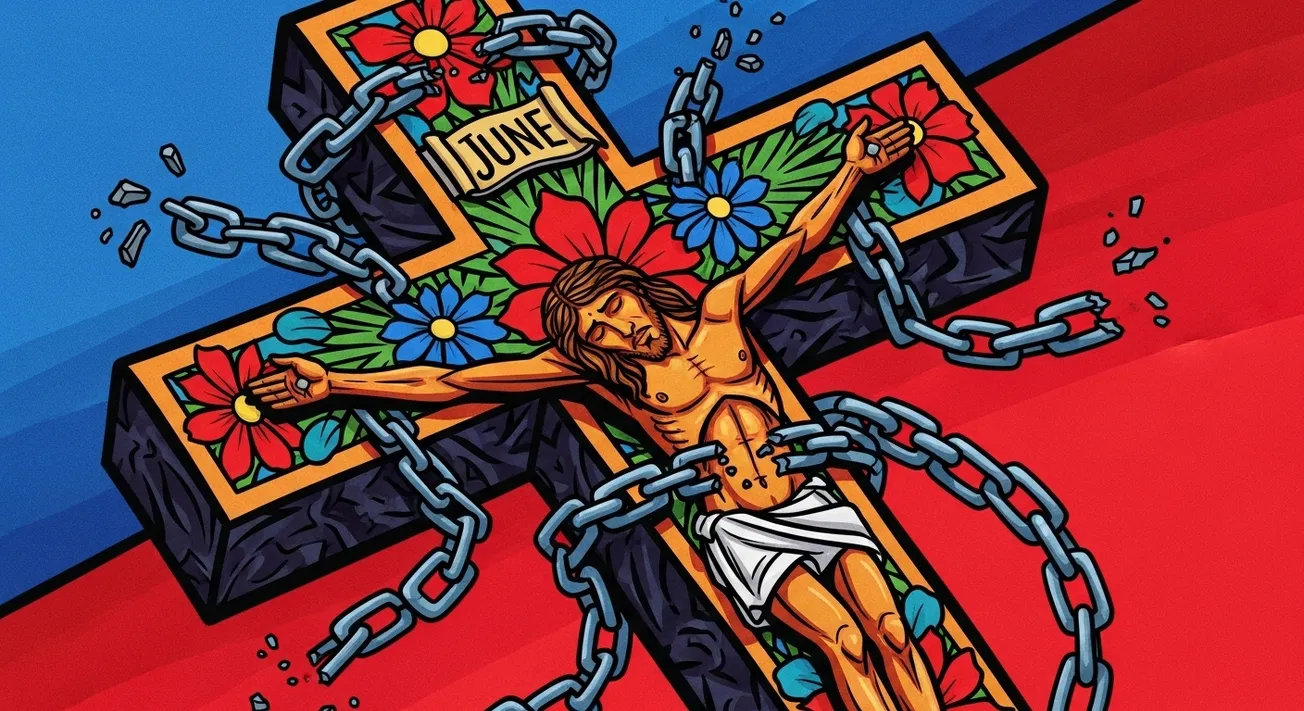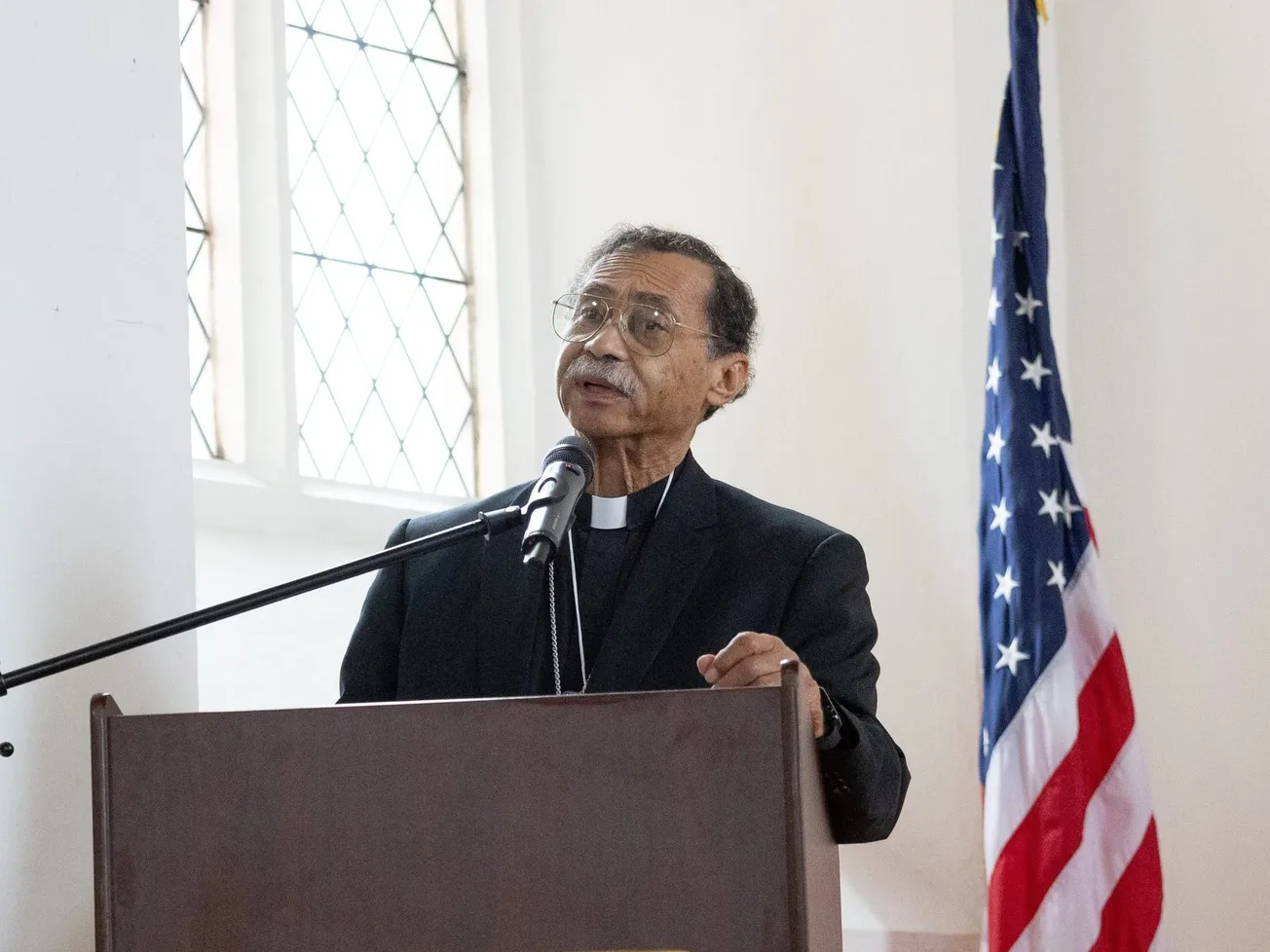In the Hebrew Bible, the prophet Ezekiel excoriates the leaders of Israel with the following words:
“You shepherds of Israel are doomed! You take care of yourselves while ignoring my sheep. You drink their milk and use their wool to make your clothes. Then you butcher the best ones for food. But you don't take care of the flock! You have never protected the weak ones or healed the sick ones or bandaged those that get hurt. You let them wander off and never look for those that get lost.”
(Ezekiel 34:2c-4b)
The prophet’s condemnation is strongest when he notes how the leaders of Israel, whom he describes as shepherds, have tolerated moral corruption that has proven to be particularly disastrous for the poor and the sick. Ezekiel’s ire is further inflamed because he is acutely aware of the danger in systems with high levels of desperation and anguish. Peace, security, and safety are some of the chief goods that redound in a society that values all of its members, and the protection of these goods requires robust, moral leadership from its executives. If a society lacks executive leaders who promote these values, it is doomed to failure.
Indeed, Ezekiel’s criticism is of the failures of the shepherds rather than of executive authority itself. In fact, the Bible repeatedly describes Yahweh as a shepherd who protects the people of Israel, with the prophet Isaiah writing:
“The Lord cares for his nation, just as shepherds care for their flocks. He carries the lambs in his arms, while gently leading the mother sheep.”
(Isaiah 40:11)
Put simply, the executive leadership championed in the Bible is gentle, nurturing, and protective. Consequently, threats such as natural disasters, pandemics, domestic insurrection, and foreign invasions must all be confronted by leaders with a shepherd-like approach to governance, which seeks to promote the interests of the dispossessed.
Although Americans generally believe in restraints on power to frustrate mendacious government actors like many leaders in ancient Israel, this can be to the neglect of other structural elements that protect individual liberty. This mode of criticism is part of a significant and intellectually rigorous tradition known as constitutional minimalism, originating from the Anti-Federalist views of influential people like Patrick Henry, who rejected the ratification of the U.S. Constitution.
Although these fears are not without intellectual and moral resonance, they can sometimes lead to the very problems they seek to prevent. For example, in “Federalist No. 8,” Henry's fellow Founding Father Alexander Hamilton argued against minimalists who feared that a standing national army would threaten individual liberty within the 13 Colonies. He addressed these concerns by describing the dangers of a multiplicity of state militias, which would likely be drawn into conflict with one another absent a national military, leading to the very loss of liberty minimalists feared. Indeed, Hamilton knew that the greatest danger to a free society is disunity and schism, and he ended his defense of the military with the following words:
“If we should be disunited, and the integral parts should either remain separated, or, which is most probable, should be thrown together into two or three confederacies, we should be, in a short course of time, in the predicament of the continental powers of Europe—our liberties would be a prey to the means of defending ourselves against the ambition and jealousy of each other.”

Both Hamilton and Ezekiel recognized that an approach to executive leadership that champions vitality and dynamism is crucial for the success of the population. Additionally, they both knew that only an executive could fully promote the diverse interests of the population and ensure that all people enjoy the common good. All U.S. executives, whether presidents, governors, or mayors, should embrace this style of leadership.
For example, there is currently an opportunity for the governor of Georgia to reflect the shepherd-executive style of leadership. In a stunning display of bipartisanship, the Georgia House of Representatives has submitted a unanimous bill to Gov. Brian Kemp that would grant considerable aid related to Hurricane Helene. These funds would provide substantial support to the farming and timber industries, which are critical to the state.
Because of my strong admiration for the shepherd-executive model of governance, it is my sincere hope that Kemp will support this legislation, because it will not only help those who are struggling but will also help Georgians recognize that moral leadership can help ensure that our society remains tethered to the need for peace and security.
The efforts in Georgia, and those like them, should be supported by all to counteract the threat of disunity and moral corruption—like that criticized in the writings of Ezekiel and Hamilton. Such witness will reflect the message of love found in the clarion call of Isaiah as he defended the primacy of justice:
“You have been a place of safety for the poor and needy in times of trouble. Brutal enemies pounded us like a heavy rain or the heat of the sun at noon, but you were our shelter.”
(Isaiah 25:4)
Alexander Walton is an honors graduate of Morehouse College, where he earned a Bachelor of Arts degree in Philosophy. He is currently a Master of Arts candidate at Yale Divinity School and the Yale Institute of Sacred Music.









